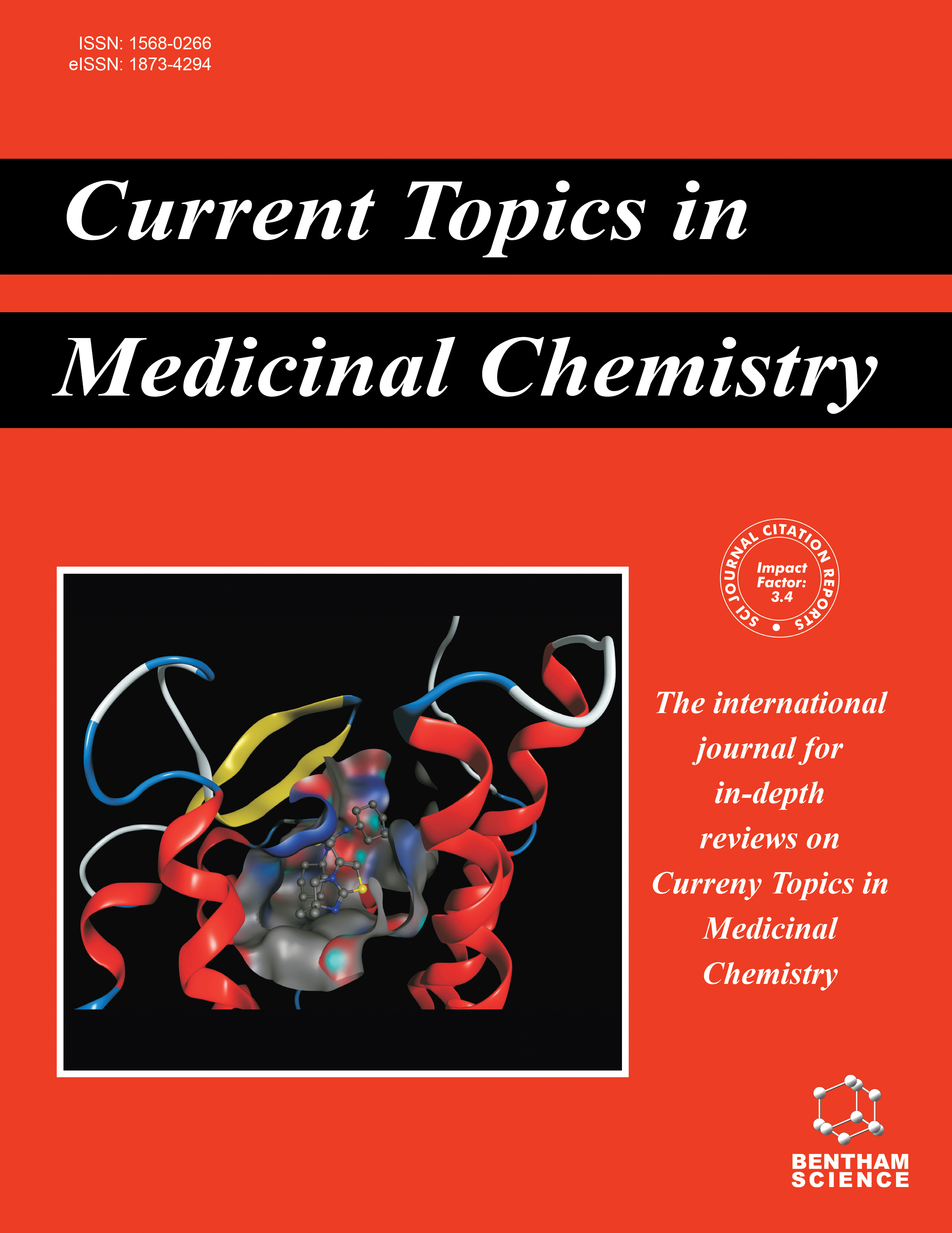
Full text loading...
This systematic review was conducted to evaluate the applicability of the envelope (E) protein in the diagnosis of arboviruses.
This review was performed in accordance with the PRISMA statement. Five databases were explored (PubMed, Web of Science, Scopus, EMBASE, and IEDB). The inclusion and exclusion criteria were applied to study eligibility. After data extraction, the risk of bias and evidence certainty were evaluated according to QUADAS and GRADE assessments, respectively.
A total of 11 studies were included in the review. ELISA was the most frequently utilized technique, with two studies employing it for antigen detection and nine for antibodies. The E protein was used as a whole protein, heterologous protein, and peptides. The diagnostic metrics were enhanced by optimizations on techniques, such as antibody capture, competitors, and nanosensors. Monoclonal antibodies showed improved specificity, including in co-infected samples. Seven studies demonstrated a minimal risk of bias, and the evidence certainty was considered moderate for dengue diagnosis.
The E protein was successfully employed in different immunological assays with large-scale strategies, enhancing the applicability potential for differential arboviruses’ diagnosis. Furthermore, both the antigen design and the implementation of innovative methodologies will have a substantial impact on the quality of the new tests. The PROSPERO protocol related to this work: CRD42021265243.

Article metrics loading...

Full text loading...
References


Data & Media loading...
Supplements

